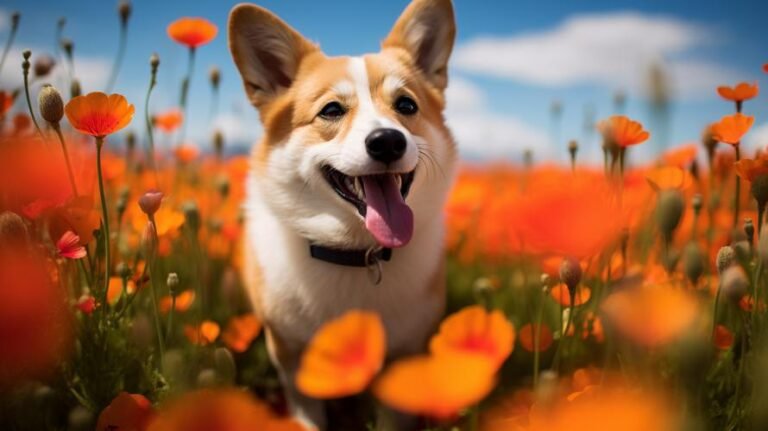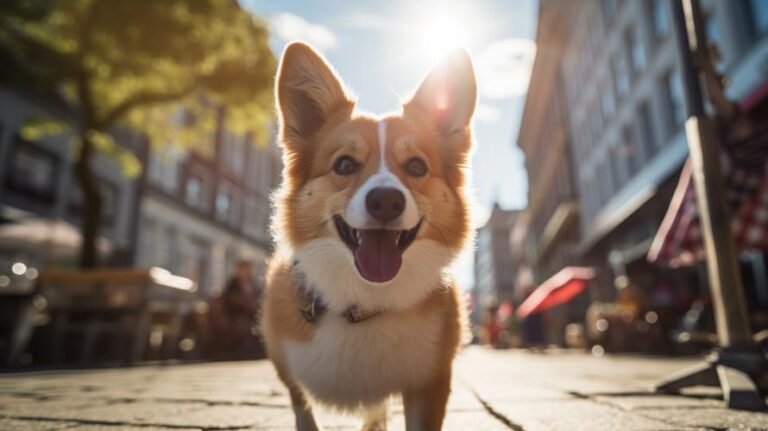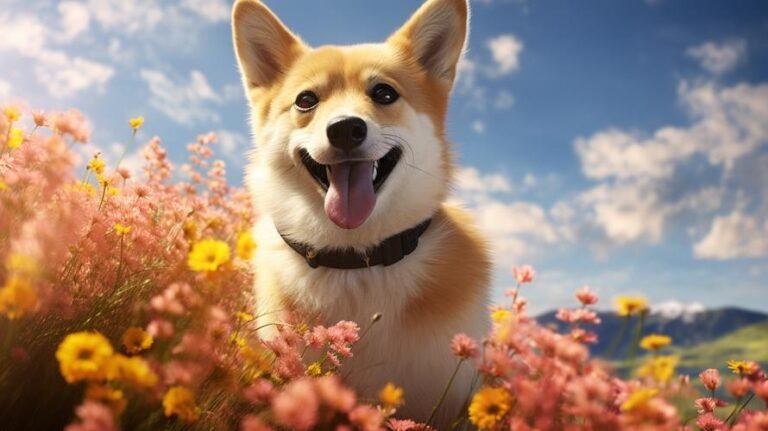Imagine a dog with six toes on each foot, ears that fold closed, and the ability to bend its head backwards along its own spine. Sounds like something out of a comic book, right? Well, it isn’t. Meet the Norwegian Lundehund, a unique breed whose acrobatic feats date back hundreds of years to the rocky coastlines of Norway where it hunted puffins in narrow cliff crevices. This incredible dog is a marvel of evolution and a testament to nature’s ability to adapt. As you might guess, a pooch this special isn’t going to thrive on just any generic kibble.
So, does a Norwegian Lundehund need special dog food? The short answer is a resounding yes, but not for the reasons you might think. This breed comes with a set of peculiar dietary needs, not because it performs somersaults better than a circus acrobat, but due to its unique history and biology.
Let’s dive headfirst into the fascinating world of the Lundehund’s diet.
You may think that with such extraordinary physical traits, this breed would require a menu fitting for a performance artist – perhaps a smorgasbord of exotic ingredients. However, the Lundehund’s dietary requirements stem largely from its propensity for digestive issues, particularly a condition known as Lundehund syndrome. This group of gastrointestinal disorders can lead to an inability to absorb nutrients properly. As you can imagine, this makes selecting the right food for a Lundehund more of a science than an art.
When developing a diet plan for a Lundehund, the goal is twofold – to satisfy their basic nutritional needs and to support their delicate digestive systems. To tackle this, owners should offer high-quality dog food that’s rich in easily digestible proteins. Fish-based formulas, for instance, provide omega fatty acids which are great for their coat and skin. Meanwhile, the proteins from fish are often less irritating for dogs with sensitive stomachs.
Another key component in feeding a Lundehund is moderation. Over-feeding this breed is practically a recipe for disaster. Excessive weight gain can exacerbate digestive issues and lead to other health complications in a dog that’s already managing a genetically fragile gut. It’s essential to measure out meals, provide regular feeding times, and monitor their weight meticulously.
Now, you might be wondering about dietary supplements. Could they offer a customized nutritional boost for your Norwegian acrobat? The answer to that is a cautious yes. Probiotics, in particular, can be a Lundehund’s best friend. They help maintain a balanced gut flora, which is vital for a breed with such a sensitive stomach. Supplements containing digestive enzymes may also be beneficial, assisting these special pups in breaking down their food more efficiently.
Though it may be tempting to spoil your Lundehund with treats, it’s usually best to offer these sparingly. Low-fat, sensitive-stomach friendly treats are the best options. However, it’s not all doom and gloom in the treat department. You can still have fun with your four-legged pal by making your own healthy treats at home. For instance, pureed pumpkin (not pumpkin pie filling!) can be frozen in ice cube trays for a soothing and stomach-friendly snack.
When considering the Lundehund’s diet, you cannot ignore the importance of hydration. A well-hydrated dog is a happy dog, especially when dealing with digestive concerns. Always ensure your Lundehund has access to clean, fresh water. Some may even benefit from wet food formulas to increase their fluid intake, though this should be discussed with a vet.
Speaking of veterinarians, your Lundehund’s unique digestive situation means regular check-ups are a must. This is where modern science lends a helping hand to our ancient Norwegian friend. By working closely with your veterinarian, you can tailor your Lundehund’s diet to its specific needs and adjust it as they age or their health changes.
Now, in the spirit of giving practical advice let’s talk specifics. What brands and types of dog food should you consider for a Norwegian Lundehund? While I’m not here to endorse one brand over another, I can suggest looking for dog foods that meet certain criteria:
– Formulas that are grain-free or have easily digestible grains, such as rice or oats.
– Limited ingredient diets to reduce the risk of ingredient sensitivities.
– Dog foods with novel proteins like venison or duck, which are often easier to digest for sensitive dogs.
You might find recipes that cater to dogs with similar needs as the Lundehund under labels like “sensitive digestion,” “limited ingredient,” or “novel protein.” Always read labels carefully and consider consulting with a veterinary nutritionist who might guide you in crafting a diet for your specific dog’s needs.
In conclusion, while the Norwegian Lundehund may not need a diet that matches its circus-worthy physical capabilities, it does need special attention paid to its dietary requirements. If you’re blessed to share your life with one of these rare pups, remember that their food is more than just a daily routine—it’s the cornerstone of their well-being. Carefully chosen, easily digestible dog food packed with the right nutrients, served in the right amounts, and supplemented with the right treats, can make all the difference for your amazing Lundehund’s health and happiness.
Treating the diet of your Lundehund with as much respect as you do their unique and fascinating heritage ensures your remarkable companion thrives, just as they did back when they were scrambling along Norway’s rugged coastlines. The love you pour into their bowl is the secret ingredient that will help your Norwegian Lundehund do more than just survive – it will help them to soar, much like the puffins they once hunted so skillfully among the cliffs.



